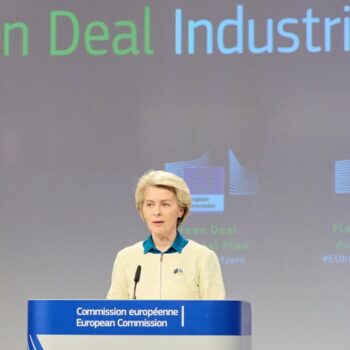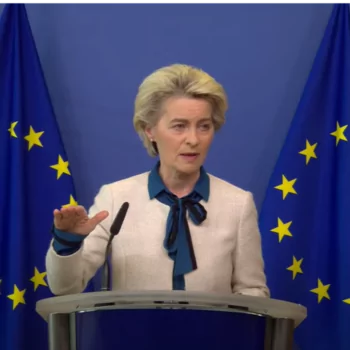By 2025, energy efficiency, clean heat and renewables alone could replace four times the gas we currently import from Russia – faster than the time taken to construct a new oil and gas field. Energy efficiency measures and clean heating installations are the quickest way for the UK to reduce its dependence on expensive gas, eliminate Russian imports and lower consumers’ energy bills for the long term.
Onshore wind and solar power are the electricity sources that can reduce our reliance on Russian gas fastest, given their short construction times. Bottlenecks in planning can be resolved through changes to regulation and doing so will unlock enough new power to eliminate Russian gas from our energy mix.
Government can supercharge renewables deployment this decade by ensuring all relevant bodies have a mandate aligned with the UK’s 2035 net zero power system target, scaling up support to attract renewable supply chain investment to the UK, and setting ambitious interim targets for renewables technologies.
While existing oil and gas production should continue to be used, future licensing rounds will not play a part in eliminating our reliance on Russian gas due to the long time to bring projects online. Additional domestic production will do nothing to change the prices consumers pay for oil and gas which are set by the international market.
With the context of the Russian invasion of Ukraine, this briefing explores the most rapid way to bring down energy bills and eliminate Russian gas imports. It looks into what energy alternatives can be brought online and when, and the risks of additional oil and gas production.



